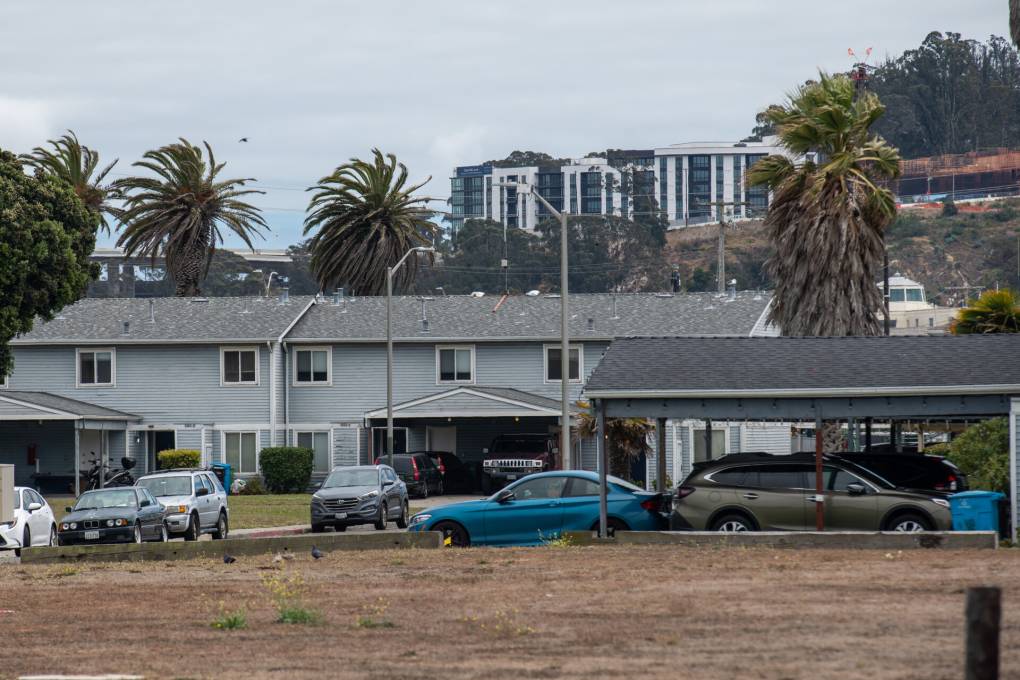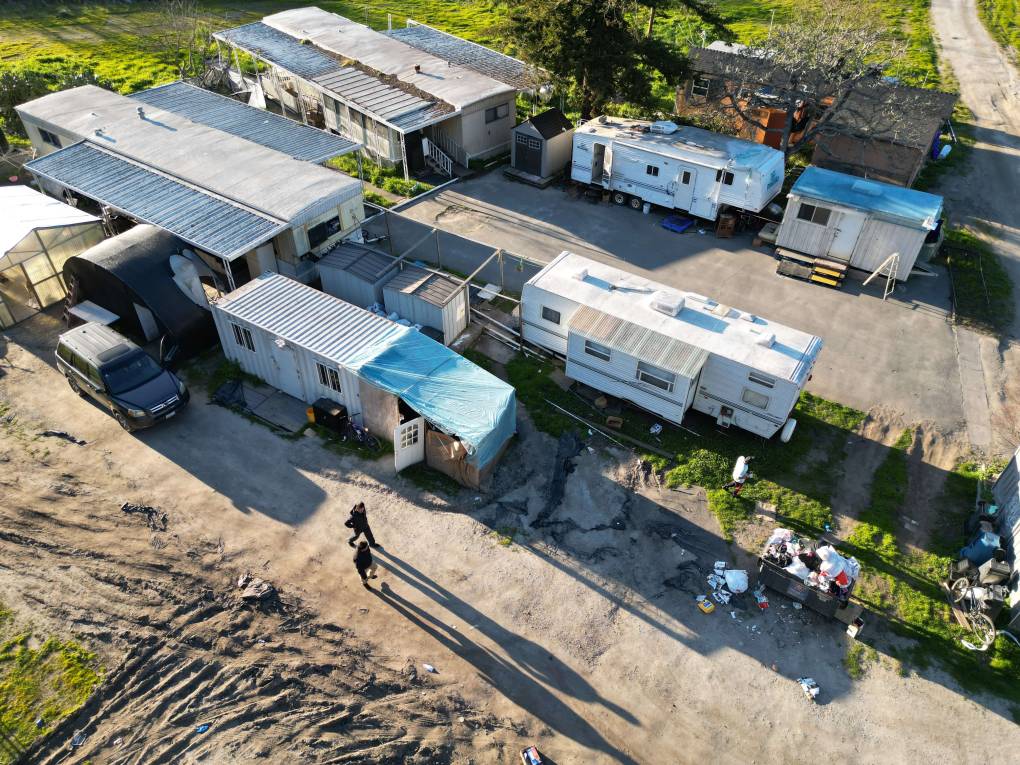In addition to the staff bonuses and an expensive social event, the audit found widespread financial mismanagement, fueled in part by high turnover among its senior staff and high vacancy rates at its properties.
“This organization seems to have all the issues that other providers are having, but on steroids,” said Christin Evans, who serves on the Homeless Oversight Commission that oversees the Department of Homelessness and Supportive Housing.
Among its key findings, the audit determined:
- In 2022, revenue plunged at 10 of 16 HomeRise properties reviewed by between $13,000 and $917,000, while expenses spiked, rising between 16% to more than 50% over the four-year audit period.
- HomeRise lost about $6.3 million because of vacancies during the four-year audit period. Most properties had vacancies, for a vacancy rate of 14.6 percent. More than $1.7 million in rent was more than 90 days late and remained unpaid.
- The nonprofit spent money on fundraising, staff bonuses, lunches and gifts for staff. The expenses reviewed showed “unallowable, imprudent, or questionable spending that did not meet the intent of the City’s grant agreement.”
- As of January 2023, HomeRise had 118 credit cards in use. Over a third had credit limits of $10,000 or higher, while 21 cards had limits between $15,000 and $70,000. Many of the credit cards didn’t require approval of purchases and the nonprofit didn’t have protocols governing their use.
- HomeRise’s Finance Department had extremely high turnover; only 5 positions out of 14 were filled by February 2023.
- The nonprofit promoted employees to high-level positions with salary bumps ranging from $22,000 to $72,000. One salary increased by more than $87,000 (74%) in nine months.
- HomeRise handed out bonuses of $1,000 to $10,000 per employee. HomeRise gave staff “signing” bonuses even though they’d been working there for years.
- HomeRise held meetings focused on finding corporate expenses that could be paid for with any city grant funds that remained at the end of the year.
- To cover payroll, the nonprofit borrowed $2.5 million from a property’s operating account to. HomeRise’s leaders said this was repaid as of October 2023.
Employee turnover and trouble filling housing vacancies are the chief problems dogging all the city’s homeless housing providers, Evans said. She pointed out that the HomeRise building with the highest level of vacancies is an SRO that doesn’t have kitchens or private bathrooms, making those units less attractive.
“As the Homeless Oversight Commission looks to identify ways to ensure that we’re spending our money and resources appropriately, we really need to look at repurposing the buildings that have high vacancy rates because they really don’t meet people’s long-term needs,” she said.
Jennifer Friedenbach, executive director of the Coalition on Homelessness, which helped found the nonprofit and still appoints members to its board, cited senior staff turnover as a major contributor to HomeRise’s troubles.
“When you have folks who are doing really advanced jobs and then their salaries aren’t competitive, there’s a lot of turnover,” she said. “This combination of underfunding of wages that lead to turnover and the empty units, all of this kind of spells disaster. It’s a very difficult situation.”
In a March 15 response to the controller’s findings, HomeRise CEO Janéa Jackson, who took over in mid-2023, and board president Gregg Miller assured the city that the organization is on its way to remedying the issues identified by the audit.
Under new leadership, they said HomeRise has, among other things, overhauled its budgeting process, slashed the number of credit card users to 30 and steeply reduced the credit limits on those cards, updated its policies on evictions for nonpayment and is working with city agencies to fill vacancies, cutting them by 33% over the past nine months.
The leaders point out that the instances of improper spending called out in the audit represent only 1.3% of the nonprofit’s $130 million operating budget over the four-year period scrutinized.
They criticize the audit for ignoring the “immense operational challenges” the organization faced between 2019 and 2022, including a major leadership change, the chaos of the COVID-19 pandemic, and rising inflation. The audit acknowledges these headwinds but traces the problems back further than 2019.
“No matter the extenuating circumstances, HomeRise had an obligation to ensure public funds were managed appropriately,” controller Greg Wagner said in a statement.
The city is already seeing improvements in the nonprofit’s management practices, according to a press release from the mayor’s office.
“I have full confidence in the new HomeRise leadership to fully implement the audit recommendations, strengthen their organization, and ultimately improve services for tenants in permanent supportive housing,” said Shireen McSpadden, Executive Director of the city’s Department of Homelessness and Supportive Housing (HSH).
Mayor Breed on Wednesday said the city would take measures to improve oversight of nonprofits, but didn’t offer specifics. “We don’t want to create unfair burdens on all nonprofits because of the missteps of one, but we will be putting in some new safeguards and making sure that we deal with HomeRise appropriately,” she said.
The audit calls for the Mayor’s Office of Housing and Community Development and HSH to work with HomeRise to create a plan to address its financial issues and bring the organization into compliance with city agreements.



